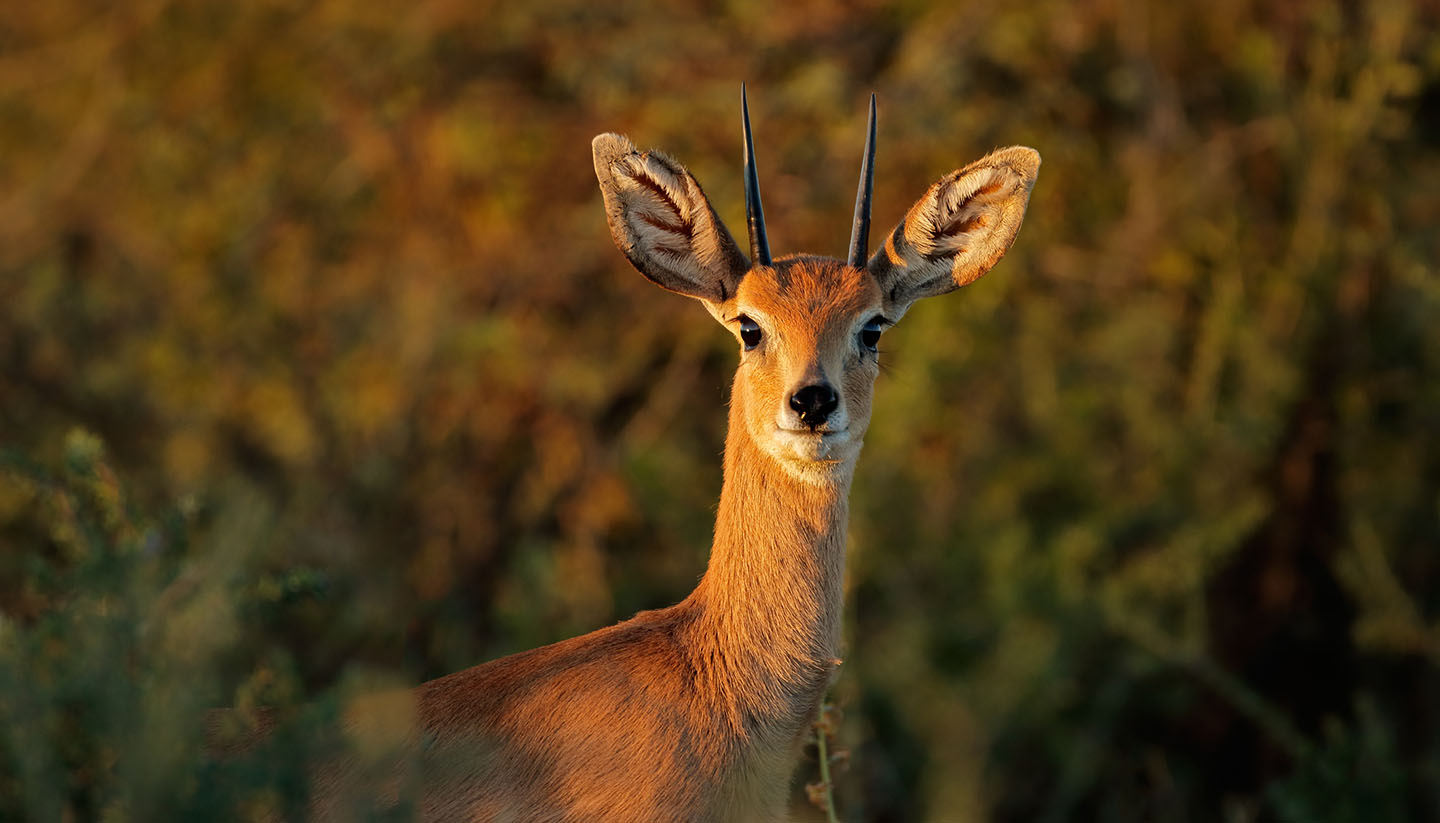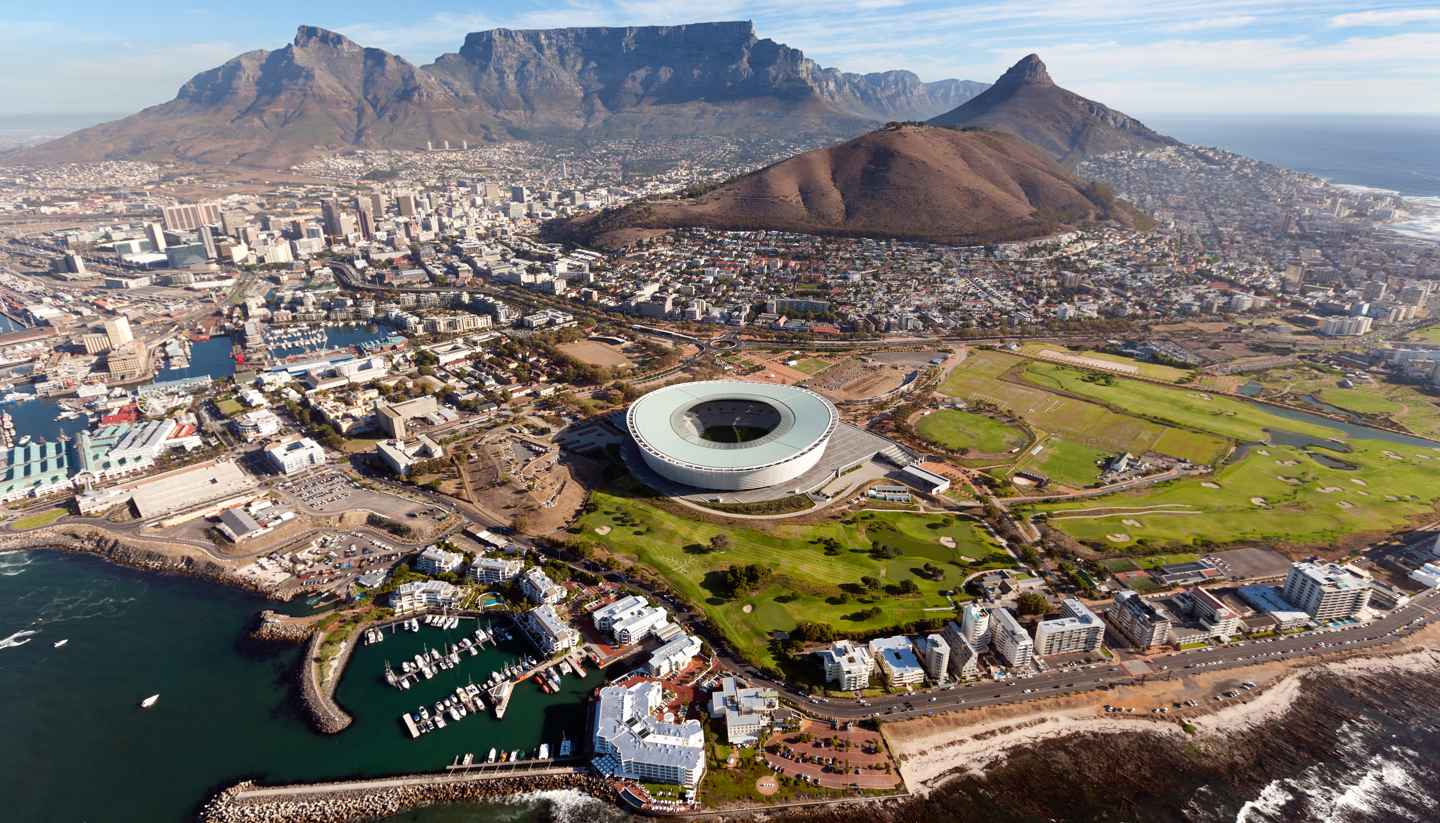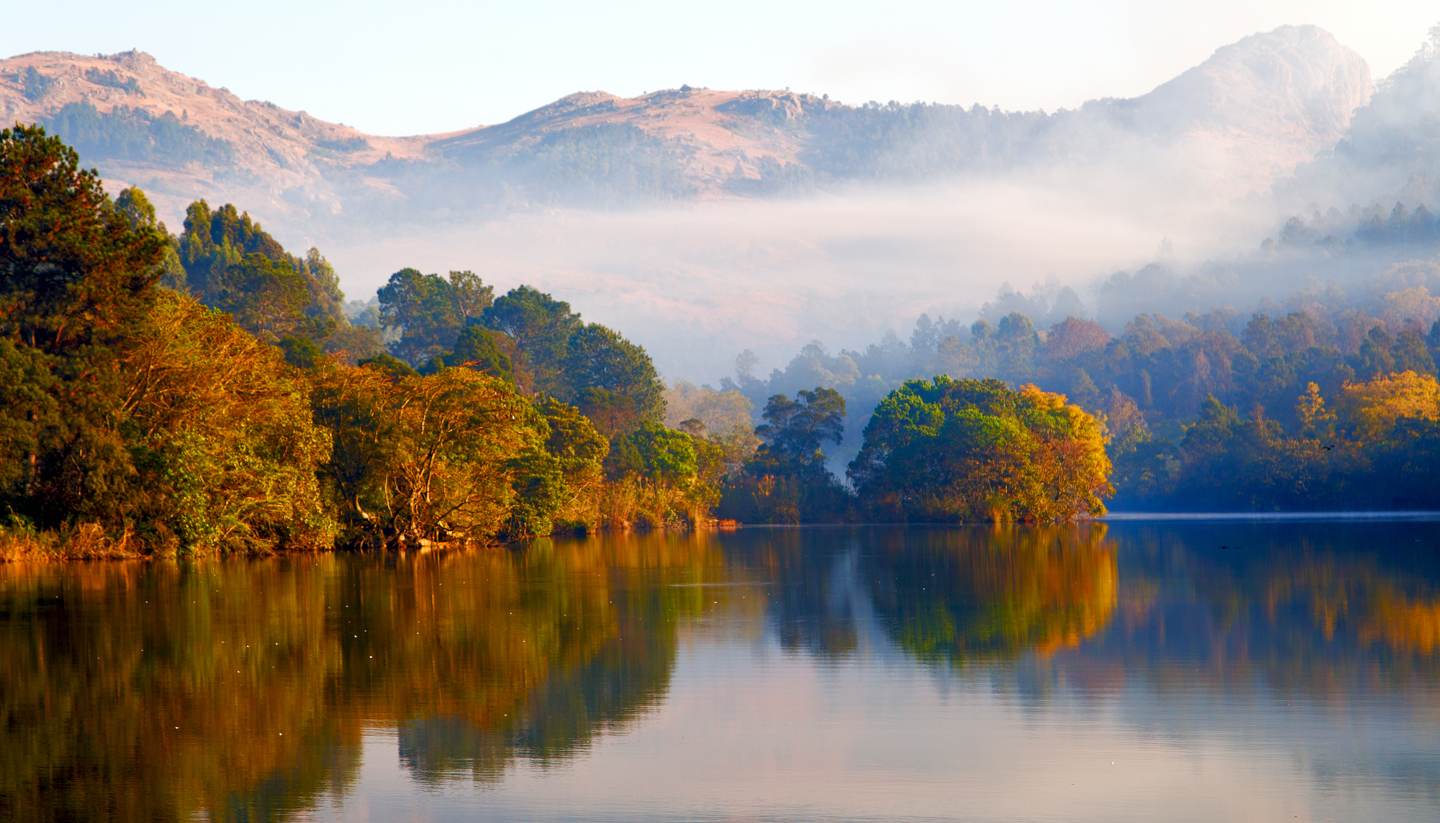South Africa History, Language and Culture
History of South Africa
In 1487, Bartolomeo Dias of Portugal became the first European to lay eyes on South Africa. A little over a century later, the Dutch East India Company set up a refreshment station at the Cape for ships and slaves toing and froing from Asia. The increasingly insatiable imperial appetite of the British meant they were never going to be far behind.
As European influence and ambition gradually expanded into the hinterland, the indigenous population and various other African ethnic groups, who had migrated south over preceding centuries, were increasingly subjugated and outgunned.
The white settlers’ bullying and bloodletting of black South Africans was formally institutionalised by the apartheid system of the National Party, which came to power in 1948 and whose reign was to be characterized by their forced removals of ‘non-whites’ from most urban areas and their increasingly violent suppression of anti-apartheid activists.
The brutal suppression of black activism, which was carried out with callous efficiency, saw sanctions imposed by countries around the world. International isolation and increasingly violent civil unrest eventually broke the apartheid system, which officially began to dismantle in 1990 after negotiations between President FW De Klerk and the African National Congress (ANC) leader Nelson Mandela, in jail at the time on Robben Island.
In 1994, South Africa’s first fully democratic elections swept the ANC to power and the iconic Mandela, finally a free man after serving 27 years behind bars, became the first president of the new South Africa, unswerving in his philosophy of forgiveness and reconciliation.
But since Mandela’s retirement, South Africa’s young democracy has continued to be hampered by the legacy of apartheid, as is apparent in the stark socioeconomic and even geographical disparity between white South Africans and a small black elite on the one hand, and the vast majority of black South Africans on the other.
Mandela’s successors have failed to fill his shoes, with the aloof Thabo Mbeki doing little to combat the twin ravages of violent crime and an AIDS pandemic, and current ANC leader Jacob Zuma and his cabinet better known for corruption, factionalism and philandering than effective governance.
Did you know?
• South Africa is the only country that boasts two Nobel Prize winners who lived on the same street. Nelson Mandela and Archbishop Desmond Tutu both had houses on Soweto’s Vilakazi Street.
• There are more than 2,000 shipwrecks along South Africa’s coastlines, many of which date back at least 500 years.
• In 2010, South Africa was the first African country to host the FIFA World Cup.
• South Africa still has seven recognized royal families. 20 million South Africans fall within the various royal kingdoms.
South Africa Culture
Religion in South Africa
Around two thirds of South Africans are Christian of some form including Catholics, Anglicans, Dutch Reformed or African independent churches. Many Africans believe in traditional healers called sangomas, who give readings – including throwing the bones – and provide spiritual and emotional counselling and dispense African traditional medicines or muti. There are also significant Hindu, Muslim and Jewish communities. Johannesburg has areas that the descendants of former immigrants have made their own, including Fordsburg for the Indian community and Chinatown in Cyrildene.
Social Conventions in South Africa
South Africa’s biggest cities are very westernised and hold few cultural surprises for Europeans. Handshaking is the usual form of greeting, sometimes in a more elaborate African handshake that foreigners will pick up readily. Casual wear is widely acceptable, especially in less formal Cape Town. Smoking is prohibited in public buildings and on public transport.
The presence of so many diverse ethnic backgrounds certainly adds some spice outside of the main business centres. Rural areas most likely to be visited by travellers include Zulu land in KwaZulu Natal where communities are based in small traditional villages with round huts (rondevals) and a few hustling, bustling relatively poor towns.
In Durban you’ll be entertained by beach-front Zulu dancers wearing full animal skin tribal regalia. A more modern form of culture is the now commercialised Gum Boot dance, performed in wellingtons and mining outfits and developed in men’s only mining hostels when entertainment was scarce.
Language in South Africa
The official languages are Afrikaans, English, isiNdebele, isiXhosa, isiZulu, Sepedi, Sesotho, Setswana, Siswati, Tshivenda and Xitsonga.



